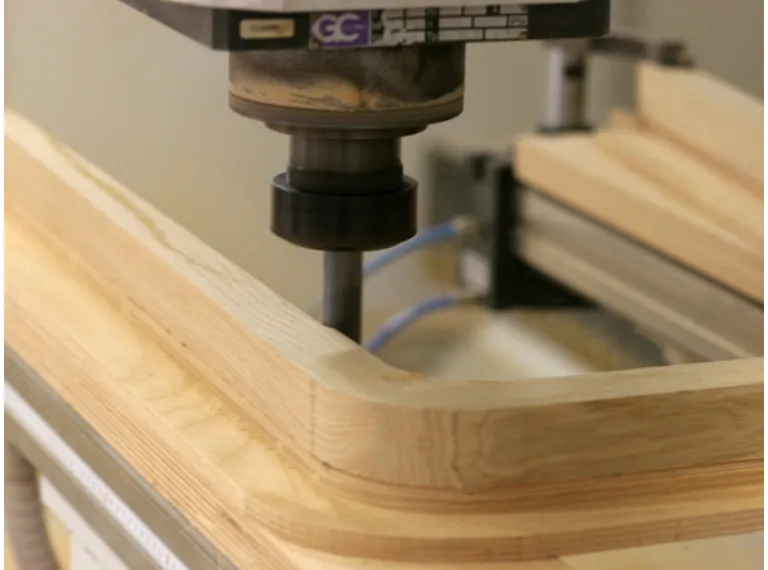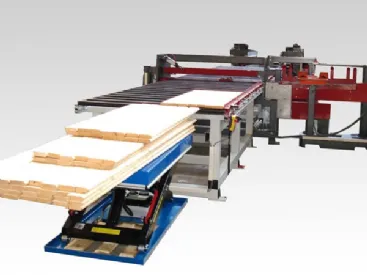Positive third quarter 2015 for wood technologies
It seems destined to end in a flourish, 2015. Prudence is still a must, but from the data of the economic survey carried out by the Acimall Research Department for the third quarter of 2015, a lot of positivity would emerge. In fact, in the period July-September, Italian wood technologies recorded a new growth in orders, reaffirming the optimism of the markets for the third consecutive quarter. The survey reveals a 7.2 percent increase in orders compared to the same period in 2014 (we were up 5.3 percent in the previous quarter compared to April-June last year). orders from foreign markets (again on the same period of the previous year), while for the Italian market growth reached 12.5 per cent, compared to minus 11.9 per cent in the previous quarter. Unlike the recent past, therefore, this time we can report with undisguised satisfaction the double-digit growth of the national market, a figure that could have even more significant developments for the industries in the sector in light of the "super-depreciation" defined by the Stability Law and of the beneficial effects that should trigger for the last months of the year. A very positive trend, confirmed by all the mechanical engineering sectors, which closed the third quarter of 2015 with indications of sustained growth. The order book is evaluated by the statistical sample around 2.9 months (2.8 in the survey relating to the previous quarter); the increase in prices since the beginning of the year stands at 0.6 per cent. According to 32 per cent of the sample interviewed by Acimall, orders from abroad will continue to grow in the next period, deemed stable by 63 per cent and down by 5 per cent (balance equal to 27).
The internal market
On the domestic market, forecasts are down for 16 per cent and stability for 68 per cent, while 16 per cent of respondents are more optimistic and are betting on growth (balance equal to 0). highlights that 32 percent of the companies interviewed indicate a positive production trend (they were 57 percent three months ago), while 52 percent expect a period of stability and 16 percent a decline. Employment sensations are stable (63 per cent do not expect changes, 21 per cent growth, 16 per cent a decrease). Stocks on the rise for 11 per cent of the interviewees, stable for 68, down for the remaining 21 per cent.





